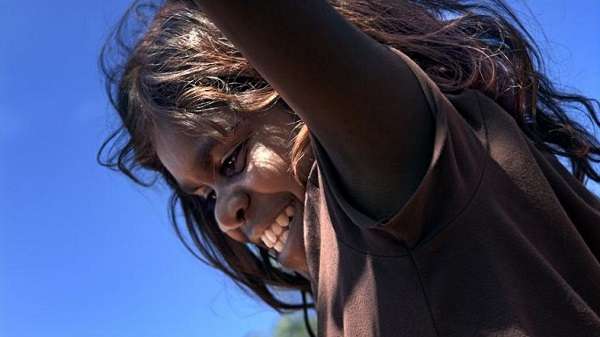Is a resilient community a healthier community?

Can resilience improve health outcomes in Aboriginal young people?
There are many young Western Australian Aboriginal people who, despite living with adversity and in challenging circumstances are doing well.
Dr Scrine's project seeks to find out what makes them more resilient than others and whether that resilience encourages them to make better health and lifestyle choices.
"Aboriginal people experience a different set of contextual risks to non-Aboriginal people," Dr Scrine says.
"The history and impact of colonisation, dispossession of land and traumatic loss of family and culture reverberate through generations,"
"We know that this can expose people to a range of poor health outcomes and severely compromised mental health and emotional wellbeing across their lifetime. Understanding how some young people avoid this predicament and manage to live healthy lives is a very important source of knowledge for Aboriginal health research."
Dr Scrine is conducting the research with the assistance of aboriginal community based workers and an Aboriginal reference steering group who will guide the project.
Researchers will use qualitative research methods with three main components, for the study of groups of 12 – 17 year olds.
Firstly, researchers will establish each young person's level of resilience through a series of interview questions.
The participants will then use digital technology to take photographs and short videos of the places, people and things that are important to them and make them feel strong, which will then be explored by the group and the researchers.
Researchers will also conduct in-depth interviews with the participants to understand their attitudes to healthy living and wellbeing.
The research aims to identify the links between participants' resilience, a strong identity and self-esteem and whether these things directly relate to young people's motivations to live active, positive and healthy lives.
Dr Scrine says the study should provide immediate positive value to the young people involved with the project, who will have the opportunity to reflect on their lives and sense of self.
It is hoped the project will also lead to better targeted and broad-based interventions, policies and programs.
"It will provide health workers and relevant stakeholders with important insights into Aboriginal young people's views and attitudes about their health and wellbeing and help contribute to change in how programs and services, health promotion campaigns and strategies directed at Aboriginal young people are delivered," Dr Scrine says.
Dr Scrine says the study of resilience is important to the field of Aboriginal health because it moves away from the focus on deficits.
"It shifts the research to a strengths based approach that explores the importance of resistance, coping, recovery, and success in the face of adversity and the influence this has on other determinants."
















